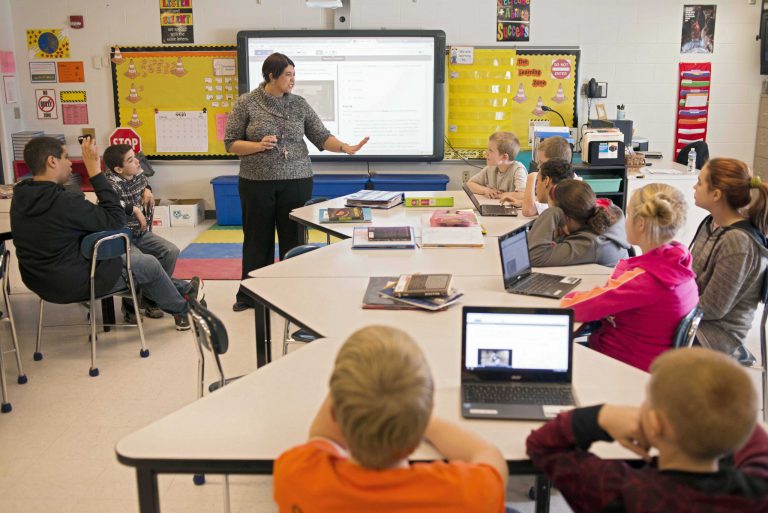
In our globalized, hyper-connected world, it can seem like everything is a competition. Finishing a project first, getting the scoop on breaking news, responding immediately to a text message – everything is about getting there before anyone else.
In many places, this competitive mindset extends to the world of education, where standardized testing and the battle for limited spots in elite universities has turned learning into a zero-sum race.
In a column for New Statesman, Ken Spours critiques this mindset, arguing that the purpose of education and its implementation are critically in need of an overhaul.
“The abiding metaphor of education is now a race, a global race in which every country and every person has to become ever more competitive. The best nursery, followed by the best school, the best university all to get the highest paying job. Along the way we learn to compete and to be in debt. Our children and their teachers become stressed and anxious in this arms race that can never end. At the very least, once every five years we should discuss if this is right,” writes Spours.
The idea of “education for all,” he writes, encompasses much more than simply passing a test or getting good grades. Rather, the “role of education is to help people not only to live and thrive in the world in which they find themselves but also to be able to see beyond their current condition and develop the capacities to build a better collective future – education as personal and social transformation.”
Spours points out that education systems that revolve around testing and other strictly quantitative metrics miss out on many of the important skills that students and workers need in today’s world: critical thinking, creativity, empathy, communication skills and ability to work in a team. These qualities have become increasingly important for success in both the professional and academic world – yet a multiple-choice test doesn’t allow much opportunity for students to develop these skills.
Rethinking global standards of education won’t only benefit students within their own countries and school systems, though. It will also help encourage and foster “global citizenship,” connecting students to their peers and educators in other parts of the world.
At a March 17 panel discussion on women’s leadership during the U.N. Commission on the Status of Women, Bangladesh Ambassador Anwarul Chowdhury highlighted the vital role of global education and connection in improving the conditions for women’s rights around the world.
“Being globally connected, emerging as global citizens, will help women achieve equality and help them show leadership,” he told the audience.
Global citizenship has become a major educational goal in recent years, particularly since it was name as one of three priorities on the United Nations Secretary-General’s ‘Global Education First Initiative’ (GEFI) in 2012, along with increasing school enrolment and improving overall quality of education.
A GEFI promotional brochure highlighted the importance of global citizenship for students around the world.
“Interconnected global challenges call for far-reaching changes in how we think and act for the dignity of fellow human beings. It is not enough for education to produce individuals who can read, write and count. Education must be transformative and bring shared values to life,” it said.
At the panel, Chowdhury emphasized that a diverse, well-rounded education that incorporates awareness and knowledge of other parts of the world would be key for students who hoped to excel in the 21st century.
“Nobody can just get a normal degree from a university and think that knowledge will carry them through. They have to know what’s happening in the rest of the world. We have a better world if we feel for others in need who are impoverished and going through challenges,” he said.
“The value of education is in learning to be part of a bigger world. Being born a human has some responsibility, and that entails being aware of the challenges and how best you can contribute to resolving them.”
Like this? You’ll love these…
Computer classes for Afghanistan’s girls
Globally mobile students more likely to find work after graduation







